Ghee and olive oil — two of our favorite fats here at Snap Kitchen. They have many similarities, and just as many differences. Can we say definitively that one is healthier than the other? Unfortunately, no, we can’t. But we can talk about what makes them worthy choices for your meals.
But first, let’s talk about olive oil.
Olive Oil Versus Extra Virgin Olive Oil
While people often use the terms ‘olive oil’ and ‘extra virgin olive oil’ interchangeably, there is a difference between the two.
Olive Oil
Typically, olive oil is lighter in color and cheaper than extra-virgin olive oil (often abbreviated EVOO). Olive oil is usually a blend of cold-pressed olive oil and more processed olive oil that has been treated with either chemicals or heat.
Extra Virgin Olive Oil (EVOO)
In contrast, extra-virgin olive oil is cold-pressed, minimally processed, and hasn’t been treated with chemicals or heat in the processing. The result is a high-quality oil that’s darker in color and more flavorful than regular olive oil. EVOO also retains more of its beneficial properties and nutrient-density when compared to plain old olive oil.
EVOO Benefits
High-quality extra-virgin olive oil (EVOO) has a whole host of benefits, from its anti-inflammatory properties to its ability to improve blood sugar control. EVOO is rich in heart-healthy monounsaturated fats, which are known to decrease inflammation and have other beneficial effects.
EVOO also contains vitamins E and K and other potent antioxidants. Antioxidants are crucial in preventing free radical damage in the body, and they may help decrease your risk for chronic diseases and help your body fight inflammation. Inflammation is associated with a whole host of chronic diseases and conditions, including heart disease, type 2 diabetes, Alzheimer’s, metabolic dysfunction, cancer, joint pain, and obesity.
Next, Let’s Talk About Ghee
Ghee is also known as clarified butter and is essentially butter that has had its water and milk solids removed. It’s typically made by heating butter on the stovetop until the liquid evaporates and the milk solids settle at the bottom, turning golden or dark brown. The ghee remains on top and the milk solids can be strained out before transferring the ghee to glass jars.
It’s quite easy to make at home using grass-fed butter.
While ghee and butter share many of the same properties, the removal of the water and milk solids means that its smoke point is 485 degrees Fahrenheit compared to butter at 350 degrees Fahrenheit. This makes it much more versatile and a great choice for higher-heat cooking.
The Benefits of Ghee
Objectively, yes, ghee is healthy. Here at Snap Kitchen, we consider ghee a healthy fat and use it in many of our dishes. It contains a lot of the same nutrients as butter, which was previously maligned as being unhealthy (before being vindicated by most progressive health experts). Like butter, it contains vitamins A, E, and K, as well as both saturated and monounsaturated fat.
It also has butyric acid and other short-chain fatty acids, which have been shown in preliminary research to benefit gut health and reduce inflammation! Like butter, it contains conjugated linoleic acid (CLA), a fat that may help with fat loss, maybe anti-inflammatory, and may benefit heart health.
Since ghee is primarily made up of saturated fat, it’s more stable and less easily oxidized during cooking, making it a superior choice to almost all vegetable oils. (If you’re worried about saturated fat’s supposed link to heart disease, head here for more on the diet-heart myth.)
Which fats do you prefer in your dishes? Let us know in the comments!
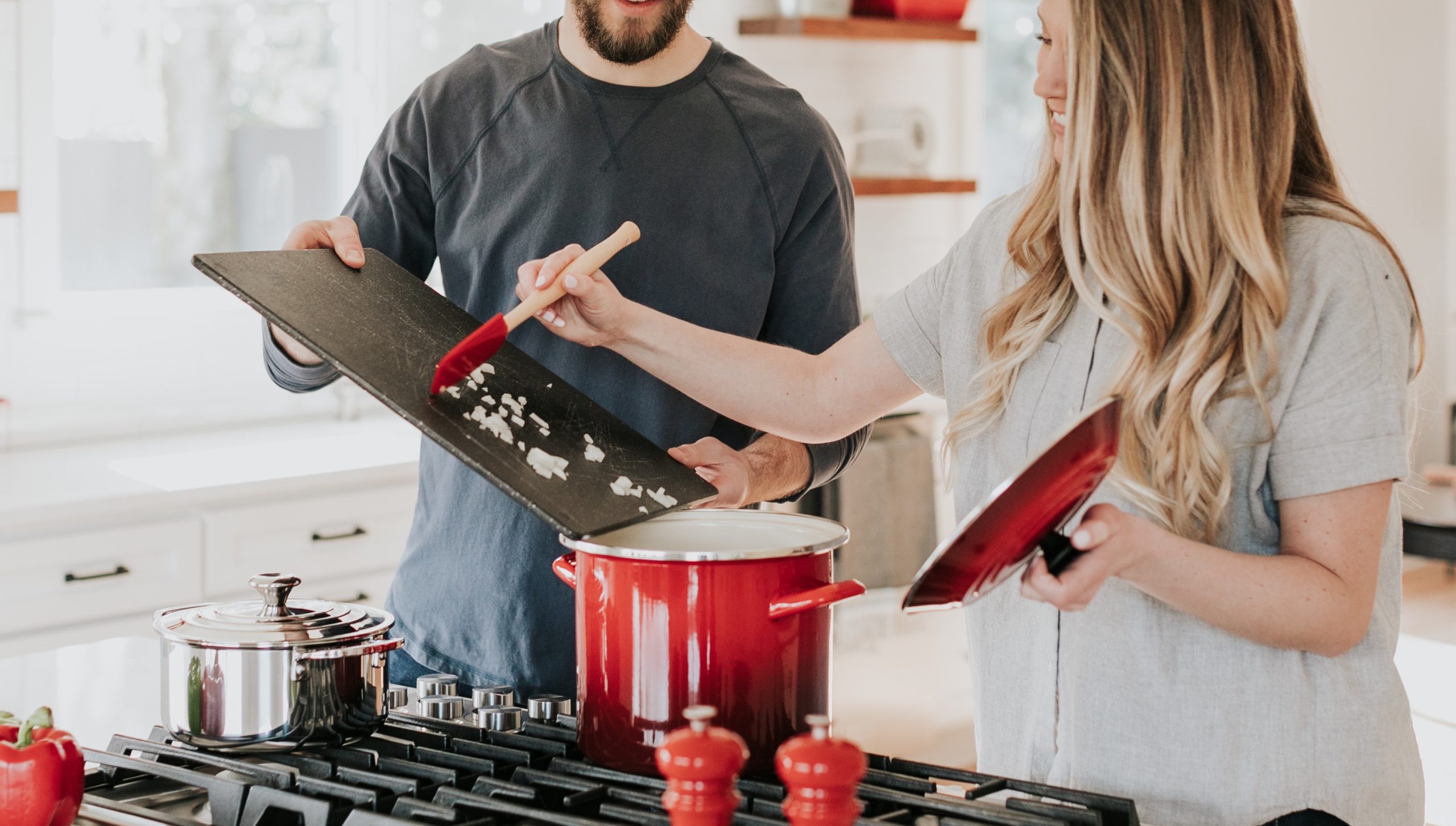
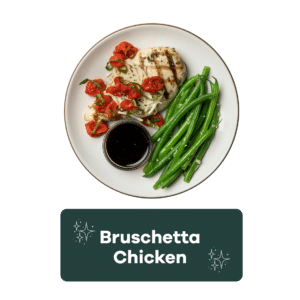
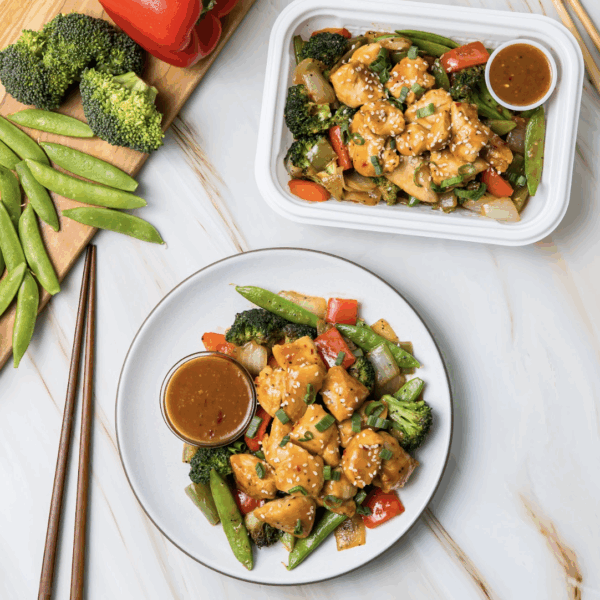
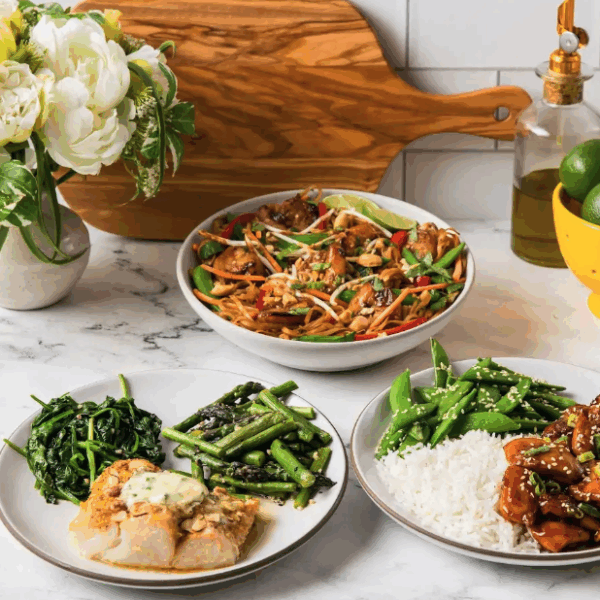
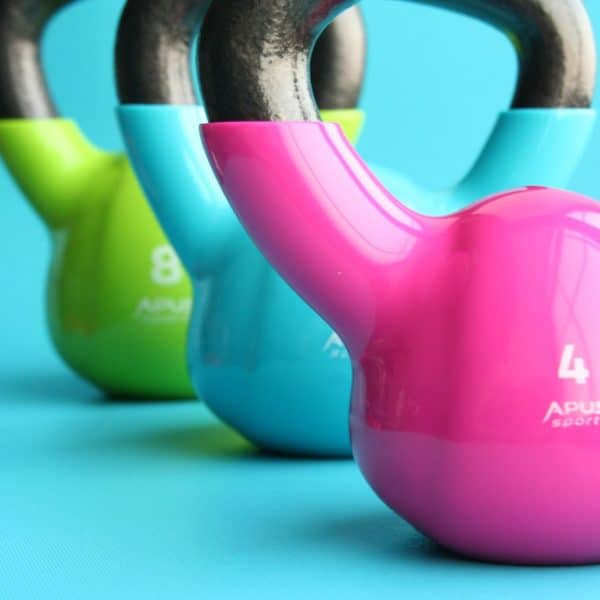
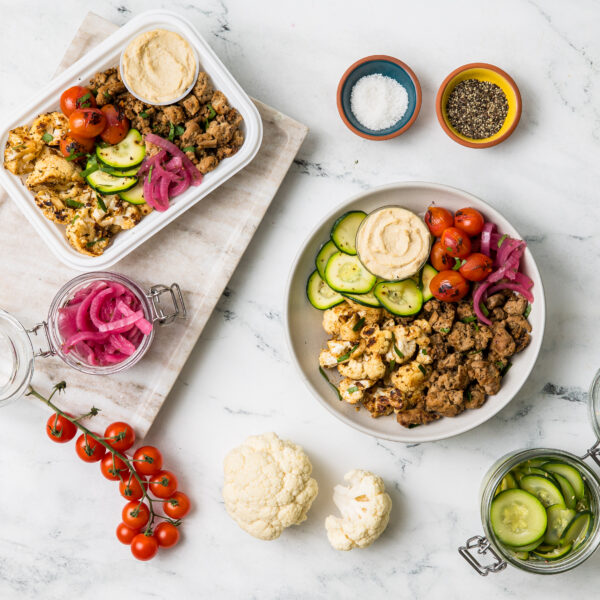
Leave a Reply
3 Comments
Not so much a comparison of the two (ie ‘vs’), just a description of each. I’m not much better off then when I clicked your link.
I found this very helpful because I am on a restricted diet designed to lose weight and the additional benefits of ghee made it clear that this is a good choice. I think that the lack of information about the oil is resulting from its not having those positive properties that ghee has.
It’s my first time to use ghee and hv loved it so much that l don’t think will use other oils to fry my eggs or cooking vegetables. Thank you so much for the information.